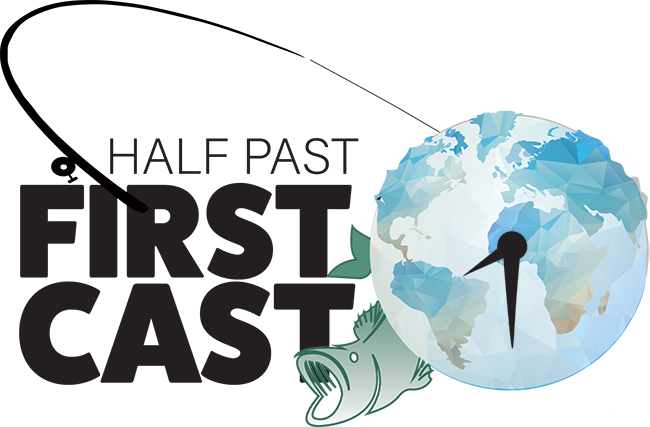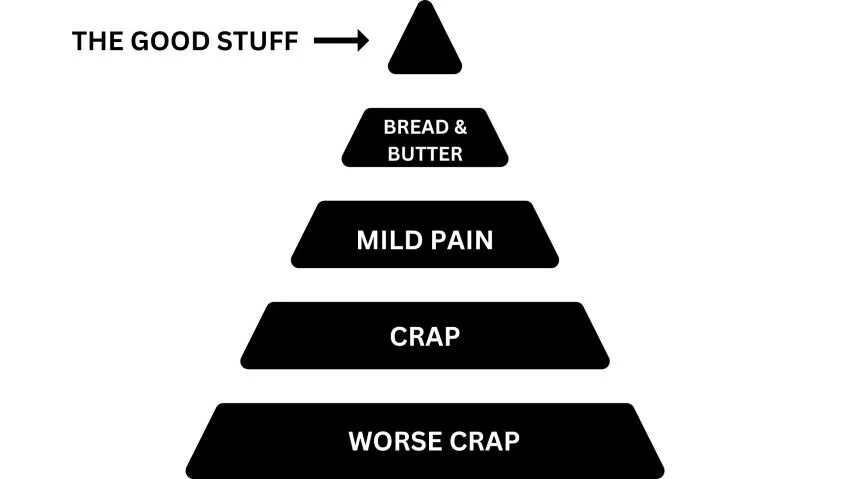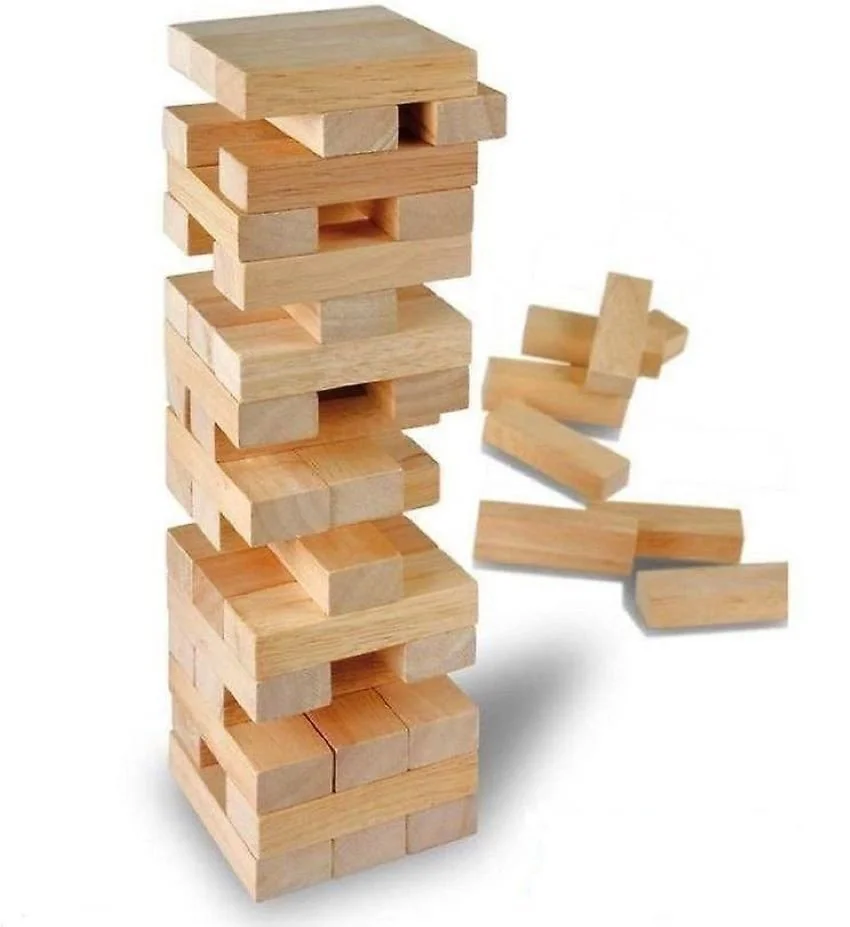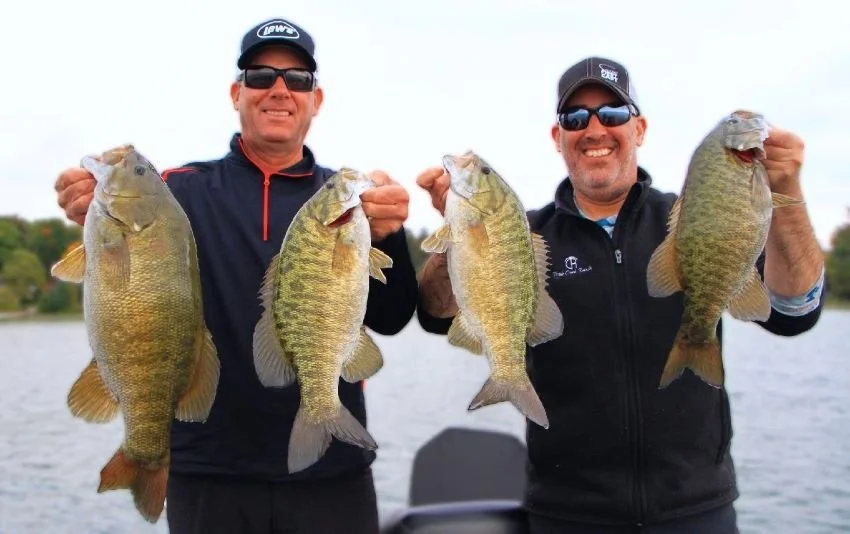Outdoor Writing: “Have to” Versus “Get to”
I’ve previously written a couple of times about outdoor writing as a career or side hustle and some of the ways to experience success in that endeavor. A few of you have followed up with questions, some have likely been scared off, and others remain indifferent. That’s OK, it’s not for everybody, but I still think that creative endeavors have merit and feed our needs to connect and create.
Still, almost anything worthwhile has some drudgery involved in it. It might be the paperwork of filing your new business, the countless sit-ups necessary to compete in a sport, or the studying necessary to . The question is whether the juice is worth the squeeze. If you want to be a professional angler, is anything short of a Bassmaster Classic victory or an AOY title a failure? Will just making a living at the sport be enough to satisfy you? Will just getting a meaningful crack at it be sufficient?
The Side Hustle Pyramid
I consider my writing career – or any side hustle, really – to be a pyramid.
At the bottom is the stuff that everyone dislikes doing – things like taking out the trash, paying taxes, and so on. That’s your base.
Next up is the pain level that no one really sees as you work toward success. That includes studying for school, working out or rehabbing before an athletic competition, or (in my case) the day job that allows you to freely pursue your passion project.
The middle level is the base of the thing that matters most to you. In the case of a writer, it’s developing skills, building relationships, pitching ideas, sitting in front of a computer when you’d rather be doing something else. It’s the business part of the endeavor.
Second level from the top – it’s the writing that gets you in front of the most eyes. Maybe an article for Bassmaster or a feature on BassFan, or a product review for a major magazine. Until you become something more than just a “fishing writer,” this will be your bread and butter. It pays the bills, keeps your chops intact, and helps you get access so that you can ideally hit the top of the pyramid.
So what’s at the top of the pyramid? It’s the work that you really want to do. In fact, you dream of doing it. If some editor gave you carte blanche and an unlimited budget and unlimited word count, what topic would you write about?
Attitude Adjustment
By keeping your focus on the very tip-top of the pyramid, you realize that everything below is done in service to that small sliver of writing. That doesn’t mean that you can’t be present when doing those things – just that they can be a means to an end as well as an end unto themselves. If you don’t exactly get to the very point, that’s ok, because you’re likely going to do some amazing things along the way, and that changes the focus when you’re doing the drudgery.
No longer do you “have to” do the bookkeeping associated with your writing business, now you “get to” receive a check and spend it on fishing gear because of the effort you put into it.
No longer do you “have to” continue with that day job because it pays the bills, but rather you “get to” choose only the assignments that will move you forward because you have that financial cushion.
No longer do you “have to” write that 800th article about fishing a spinnerbait in the spring because your editor says it will get SEO clicks – now you “get to” find new ways to explore the topic, you “get to” work with some of the biggest names in the sport, and you “get to” get your name out there to a broader audience.
If you can’t conjure up a “GET TO” for just about everything here, why are you even doing it in the first place?
What is Your Ultimate Goal?
So what do you want to “get to” do?
If you could pursue any writing project, costs and time be damned, or be known for having done that same project, what would the process and the result consist of?
If you’re a music junkie, you might want to be embedded with the Rolling Stones for a tour. If you care about baseball, it might be the definitive book about the steroids era. It doesn’t have to be long – it might be the perfect 800 word opinion column in the New York Times, or a haiku, for that matter. This is the perfect chance to follow your natural curiosity and take a risk, not to write the same thing that you and others have produced time and time and time again.
Make sure that it’s the work you’re excited about as much as the information-gathering process. Don’t say that you want to write a book about a year of fishing for GTs in the Seychelles just because you want to fish there. Don’t say that you want to write a column about KVD just because you want to meet him or fish with him. Those are admirable and not-unreasonable goals, but keep the ultimate product in mind. Otherwise, why call yourself a “writer”?
Now work backwards from that goal, figuring out the straightest and most rewarding path, while recognizing that even if you don’t make it quite there, getting close is an achievement in and of itself. First off, your “ultimate writing assignment” may change over time with new perspectives. Second, even if you don’t get on the tour bus with the world’s greatest rock and roll band, you might stumble on to a new, better, more rewarding story – like the up-and-coming band opening for them and waiting for their own written magnum opus. I have several “dream assignments” on my mind, and while they’re all still a distant dream, getting there has been quite a rewarding adventure.
A Natural Self-Balancing
While the pyramid may be an apt comparison at the start of the journey, and you may feel weighed down by the wide base levels at the get-go, you’ll be surprised at how quickly the burden changes. As you approach the tippy-top of the structure, you’ll either reduce the size of the foundational levels, or you’ll keep them the same size but make them less burdensome. You’ll have to do less and less of the crap, and get more rewards. Unlike a giant game of Jenga, though, removing one level doesn’t cause the whole thing to come tumbling down. Quite the contrary, it strengthens them all. In any passion project, process matters.
Eventually you will see that all of the pieces matter, that the building blocks that seemed to be in the way are actually an integral process of forming what matters to you.
Every day I’m thrilled by the things that I GET TO do, and I better understand how the things that I seemingly HAVE TO do contribute to that perspective and those opportunities.








